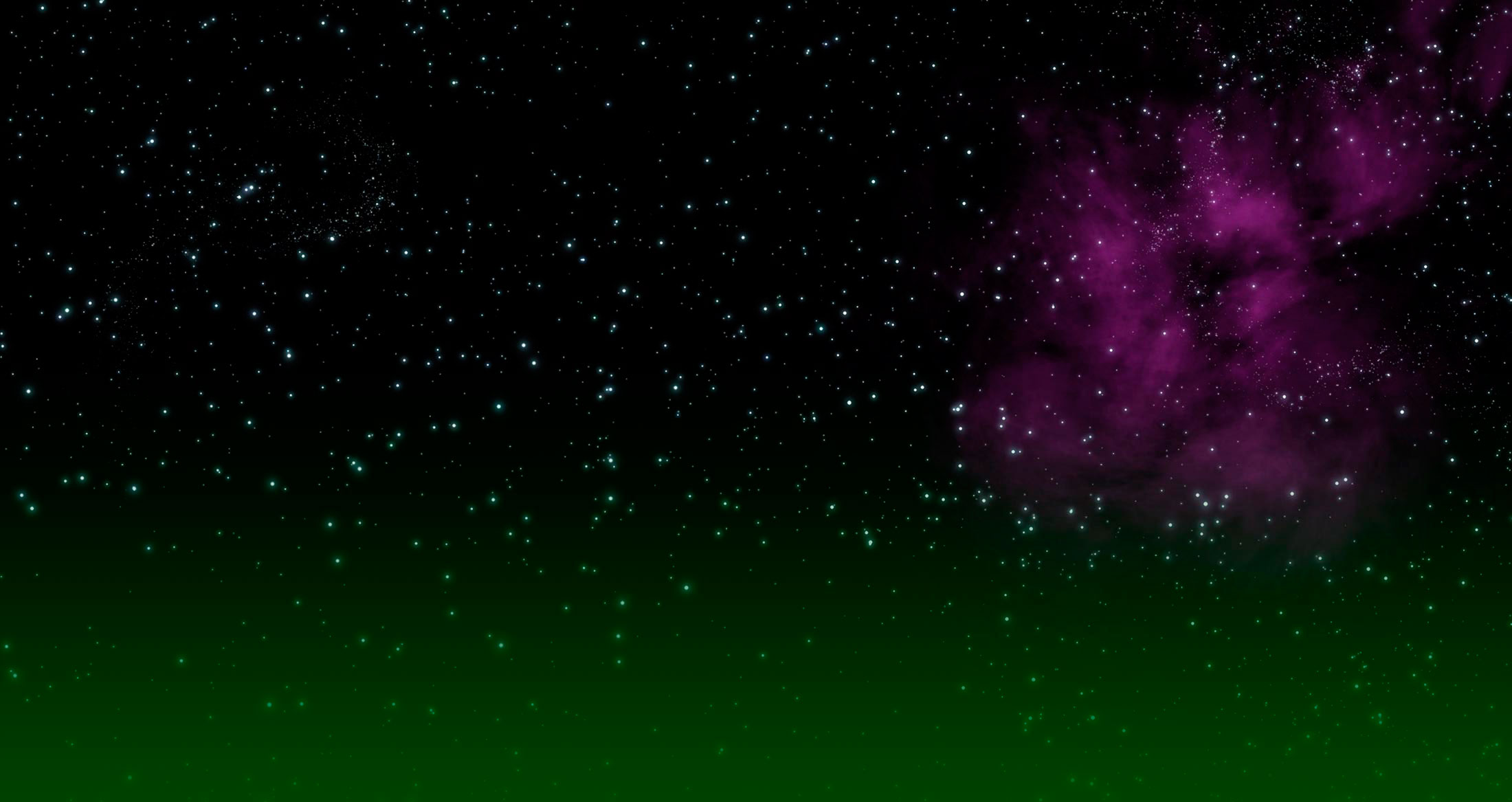New Year’s Day is the first day of the year, in the Gregorian calendar. In modern times, it is January 1. In most countries, it is a holiday. It is still celebrated as a religious holy day on January 14 by those who still follow the Julian calendar such as followers of some of the Eastern Orthodox churches known as Old Calendarists.
January 1 marks the end of a period of remembrance of the passing year, especially in radio, television and the newspapers, which usually starts right after Christmas Day. Political parties, governments, sports teams, and other things such as new music and other artworks are rated by journalists, notable events are reevaluated in summaries in news sources, comedians get to reuse comedic material about news events again.
This day is traditionally a religious feast, but since the 1900s, has become an occasion to celebrate on the night between December 31 and January 1, called New Year’s Eve. There are often fireworks at midnight. Depending on the country, individuals may be allowed to burn fireworks, even if it is forbidden the rest of the year.
It is also an occasion to make New Year resolutions, the most popular ones in the western world include to stop tobacco smoking or drinking, or to lose weight or get physically fit.
Among the 7th century druidic pagans of Flanders, it was the custom to exchange gifts at New Year’s, a pagan custom deplored by Saint Eligius (died 659/60), who would warn the Flemings, “[Do not] make vetulas, [little figures of the Old Woman], little deer or iotticos or set tables [for the house-elf, compare Puck] at night or exchange New Years’ gifts or supply superfluous drinks [another Yule custom].” The quote is from the vita of Eligius written by his companion Ouen.
In the Middle Ages, most European countries used the Julian calendar. By this method, the Feast of the Annunciation or Lady Day as it was called, was celebrated on March 25. This celebration was to honour the day that the archangel Gabriel announced to Mary that she would give birth to a son, Jesus. This is exactly nine months before what is now Christmas Day.
In 1582, the Gregorian calendar was introduced, and Roman Catholic countries began to celebrate New Year’s Day on January 1. This calendar heralded a slow but gradual introduction, Scotland in 1600; Germany, Denmark and Sweden about 1700; then Britain and its colonies in 1752. (via Wikipedia)
Because I have Chronic Fatigue, I don’t usually drink, but there was just so much champagne on New Year’s Eve. I think this headache should be gone by March 25.
No tags for this post.











